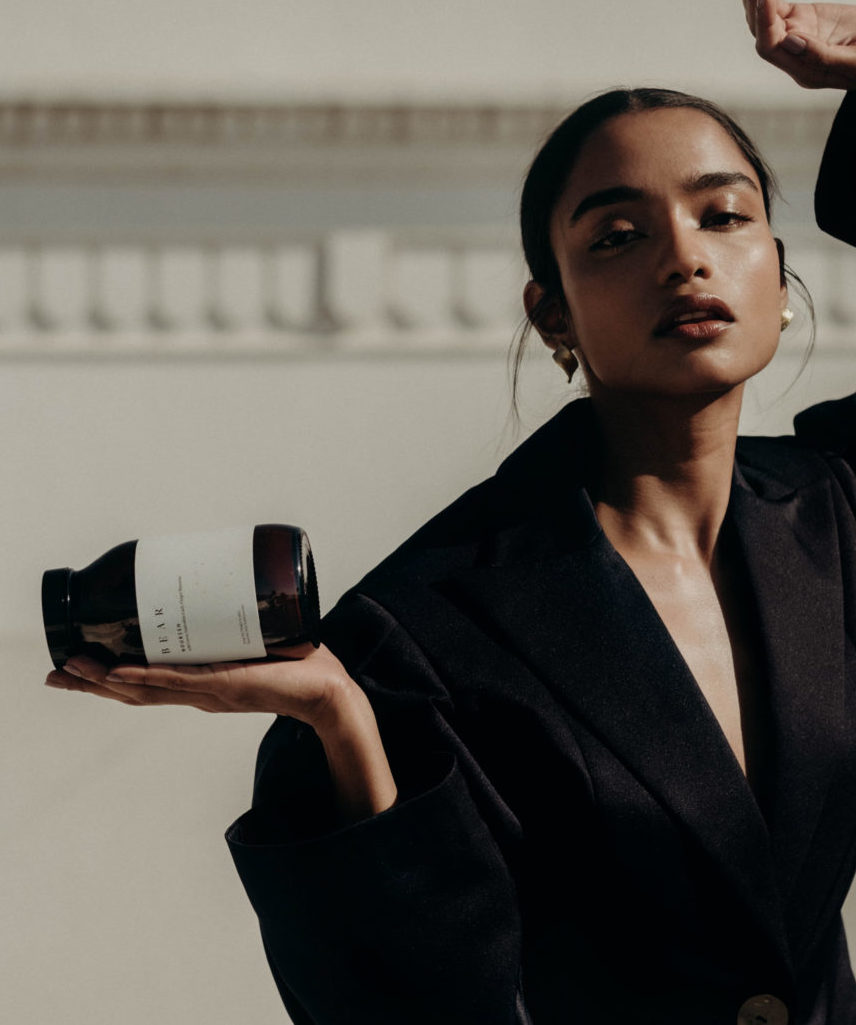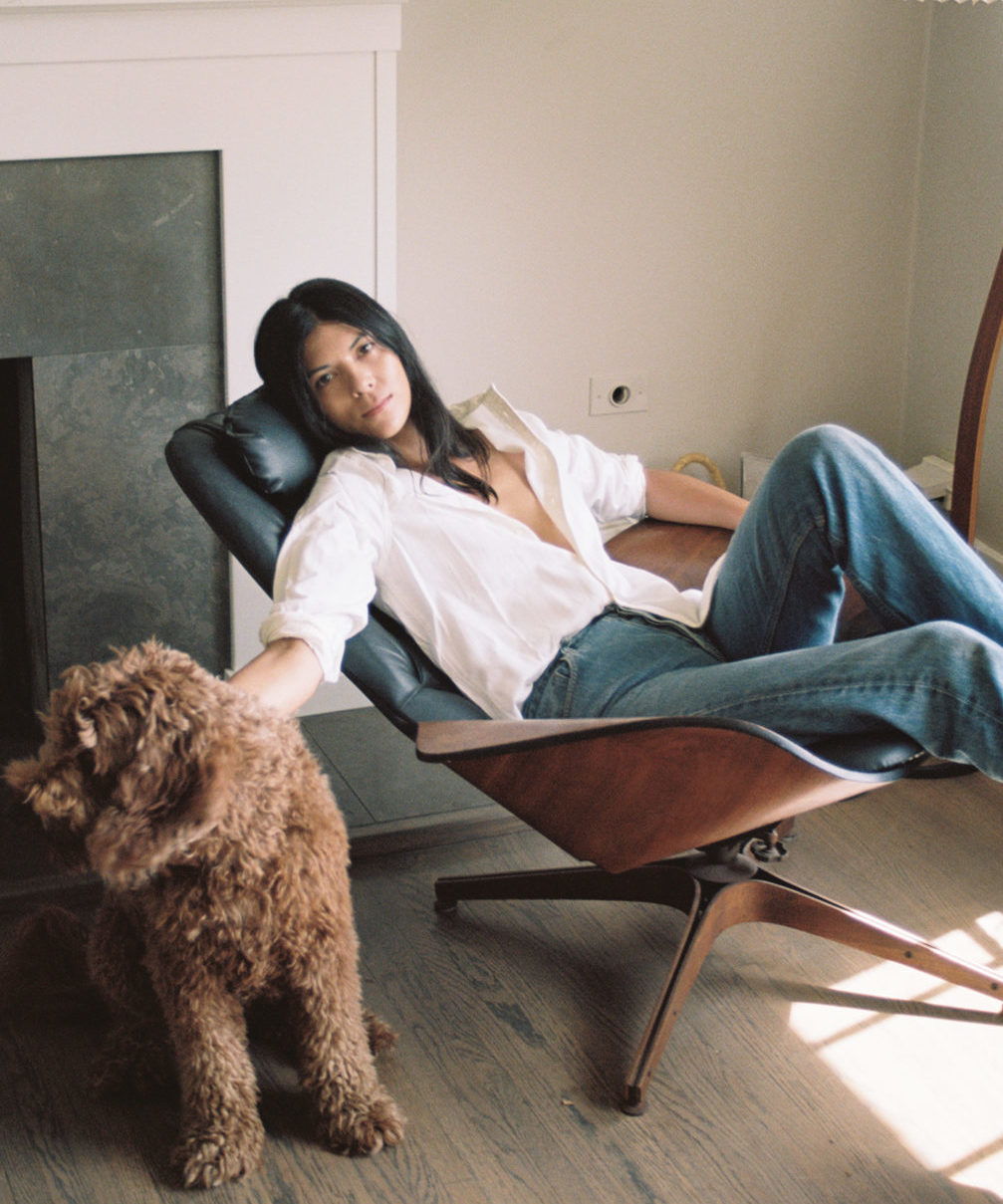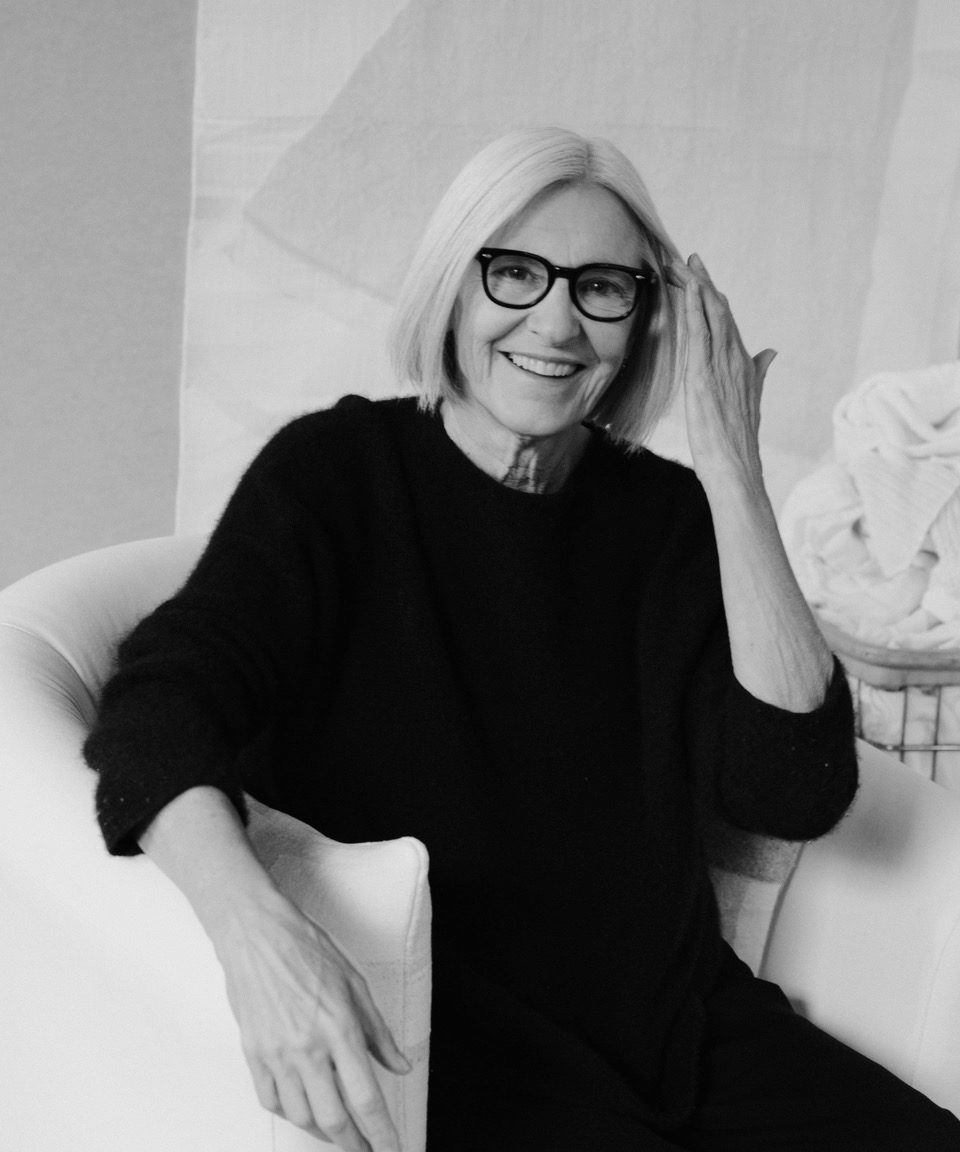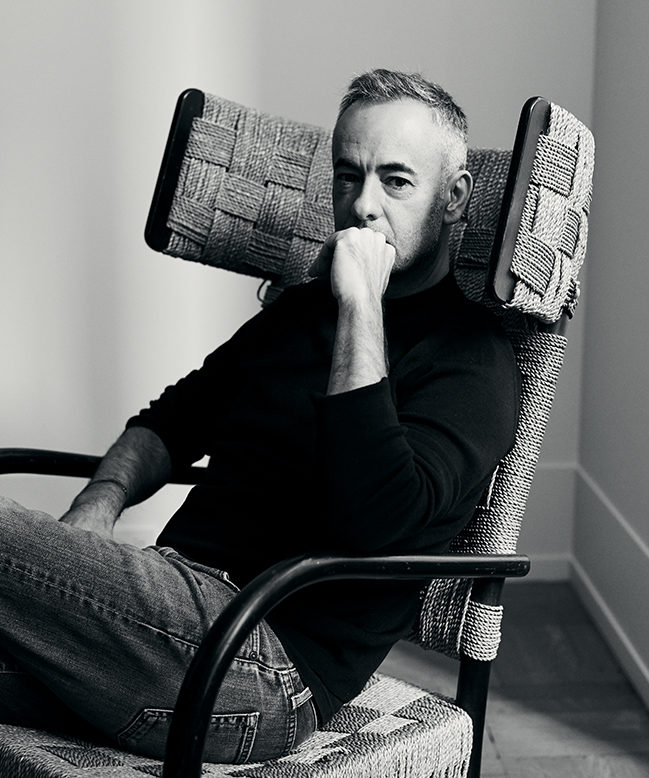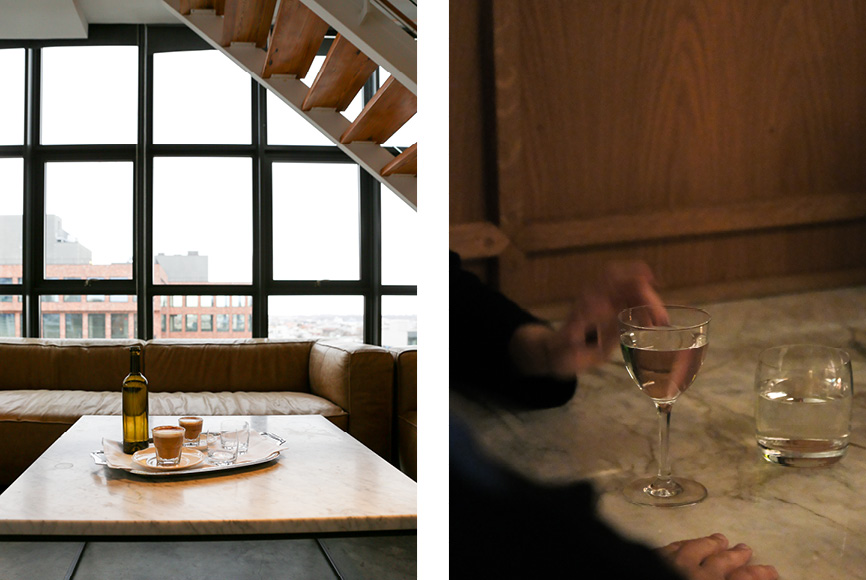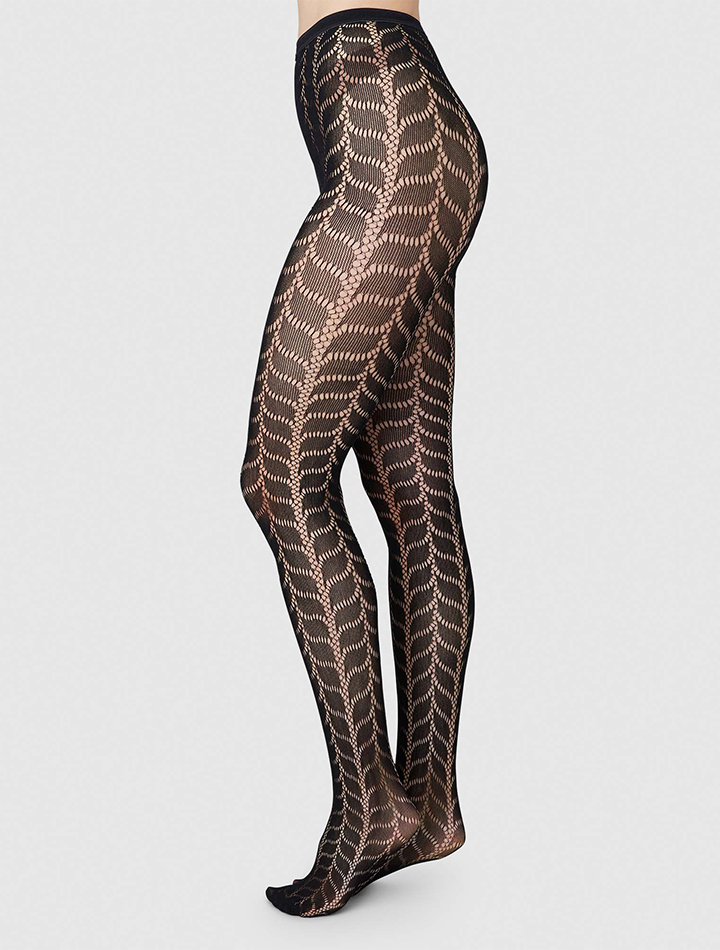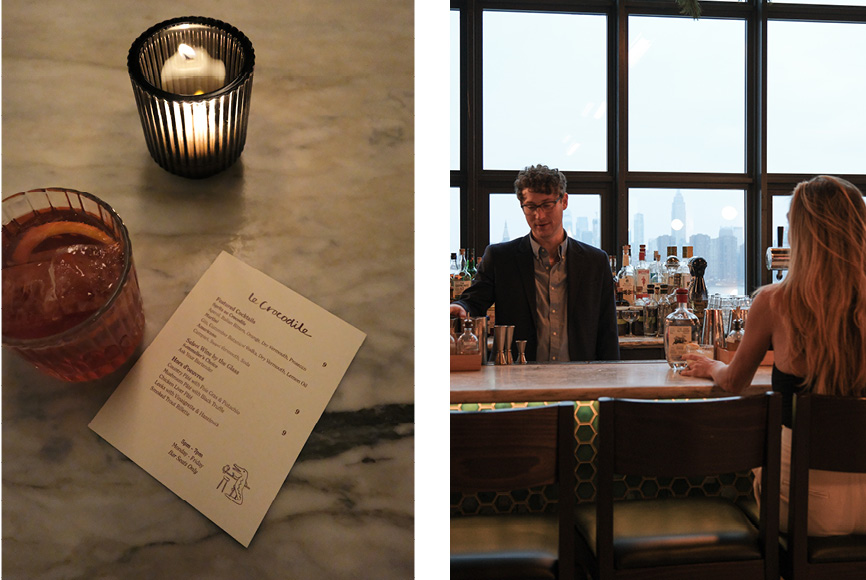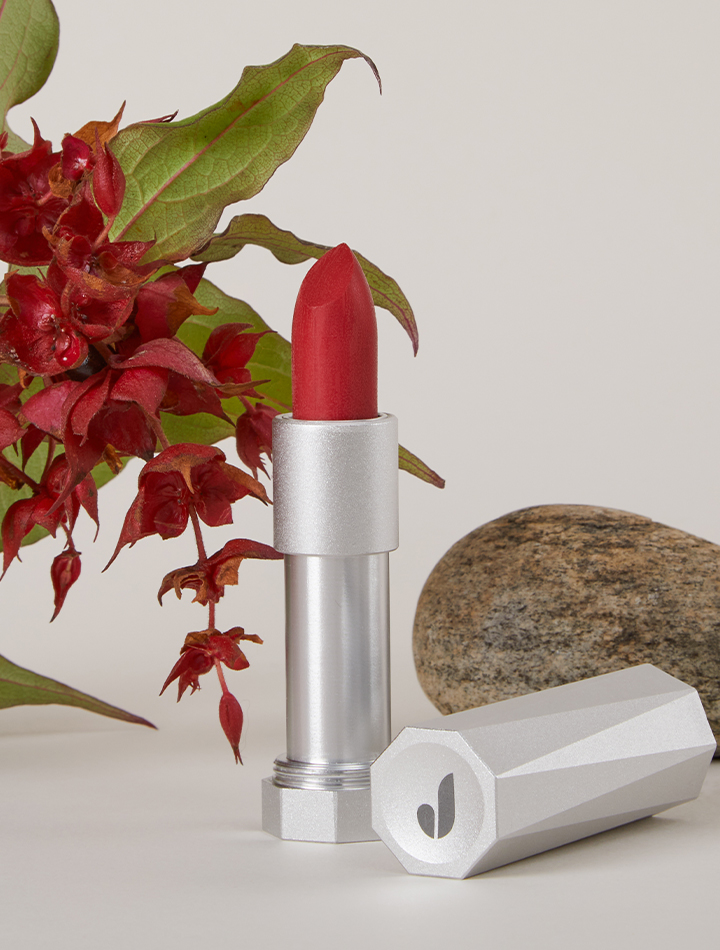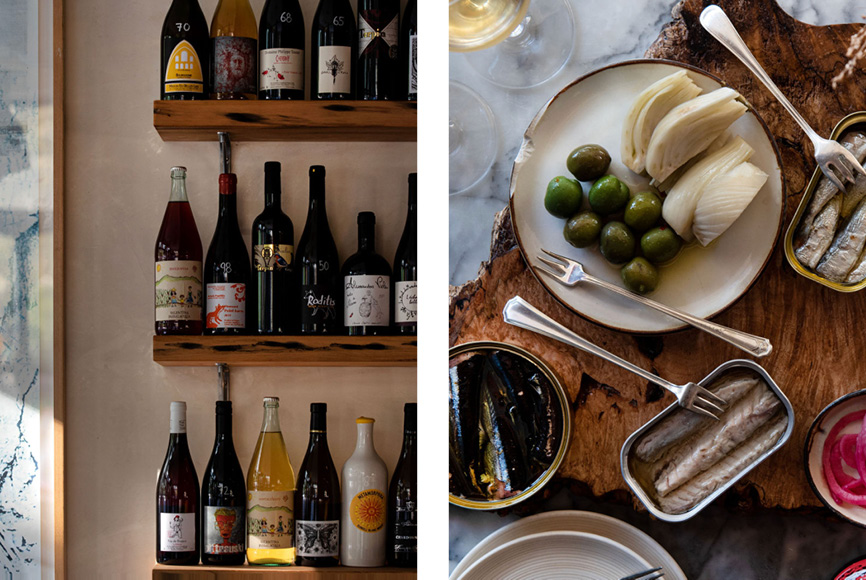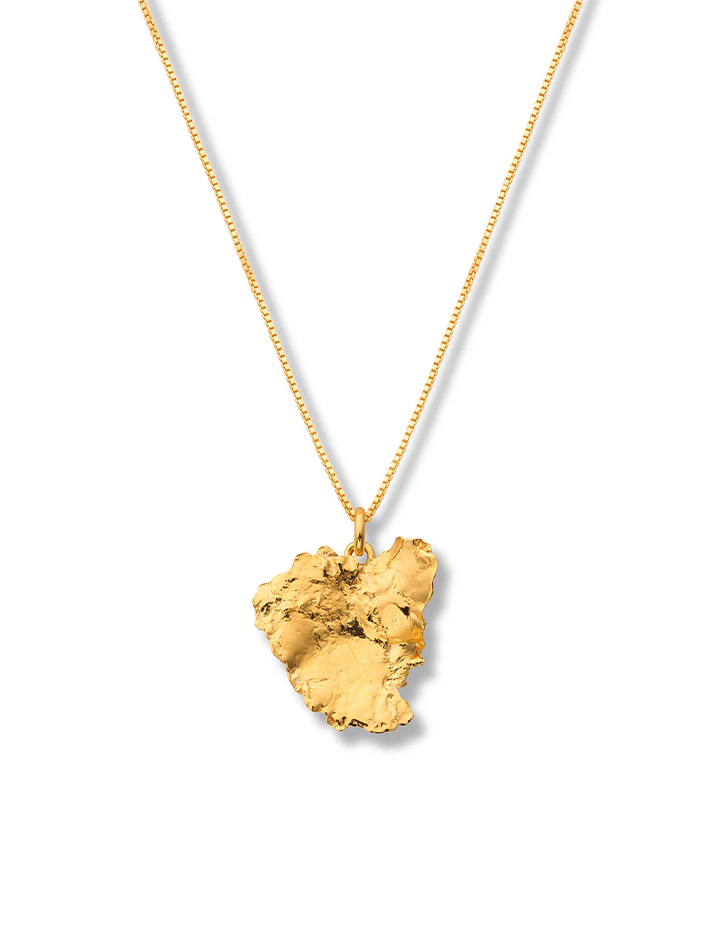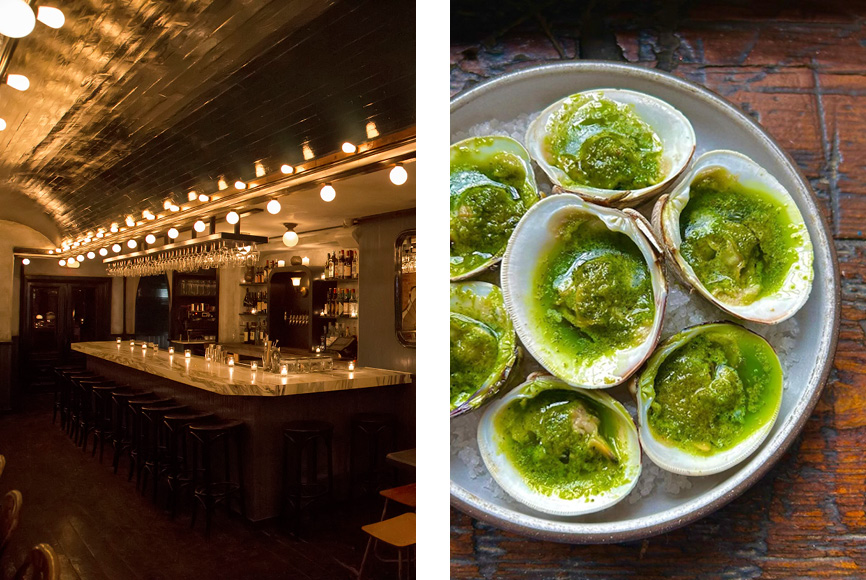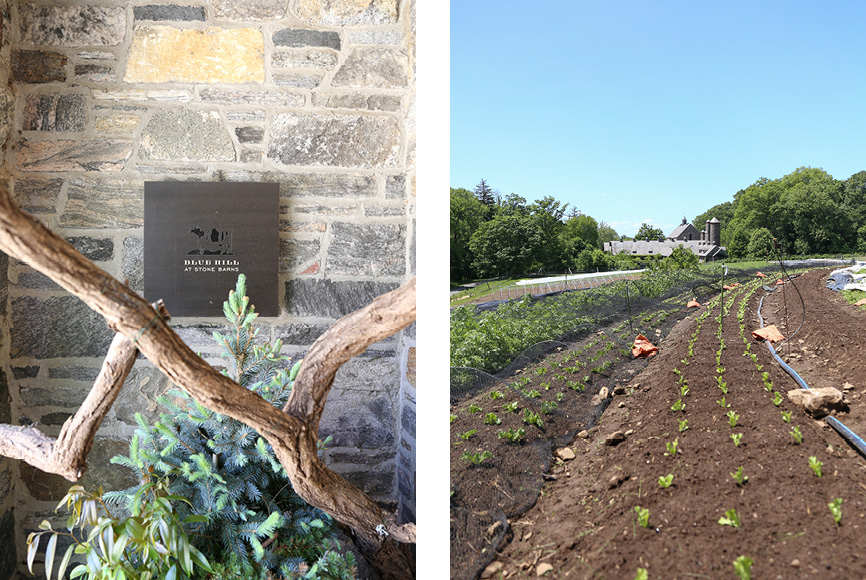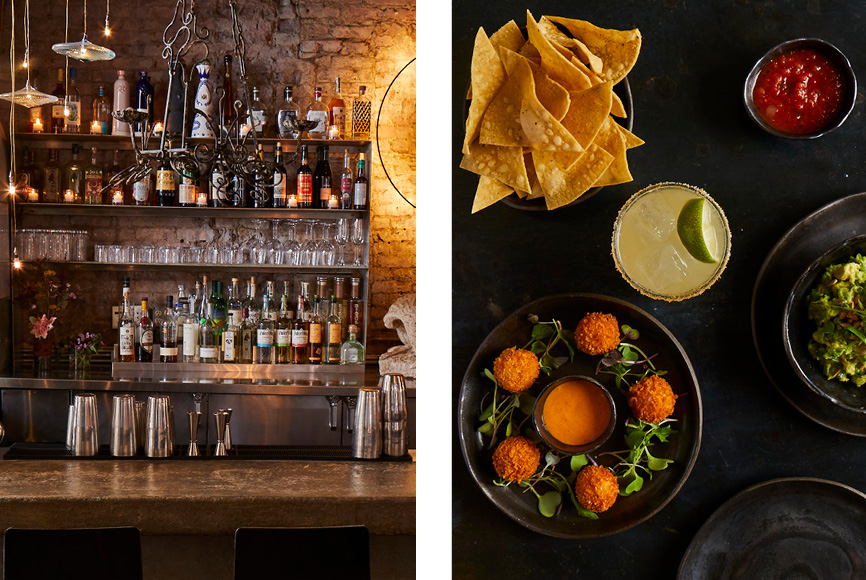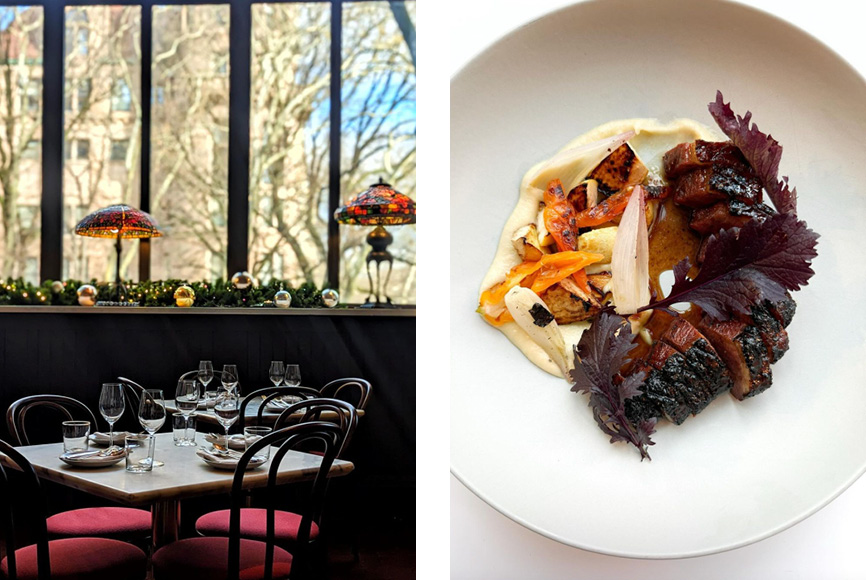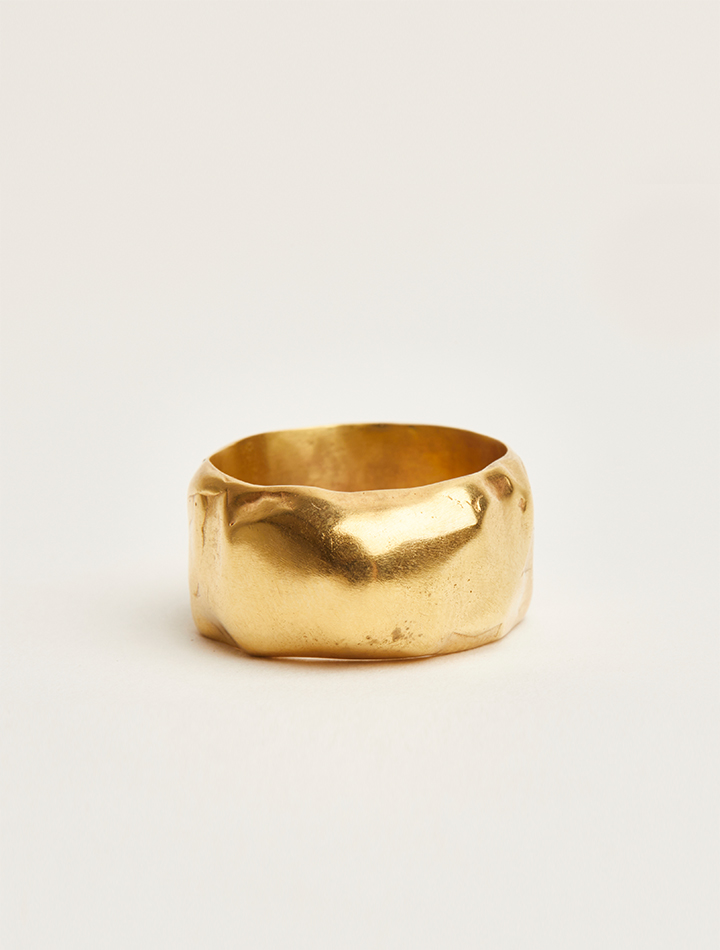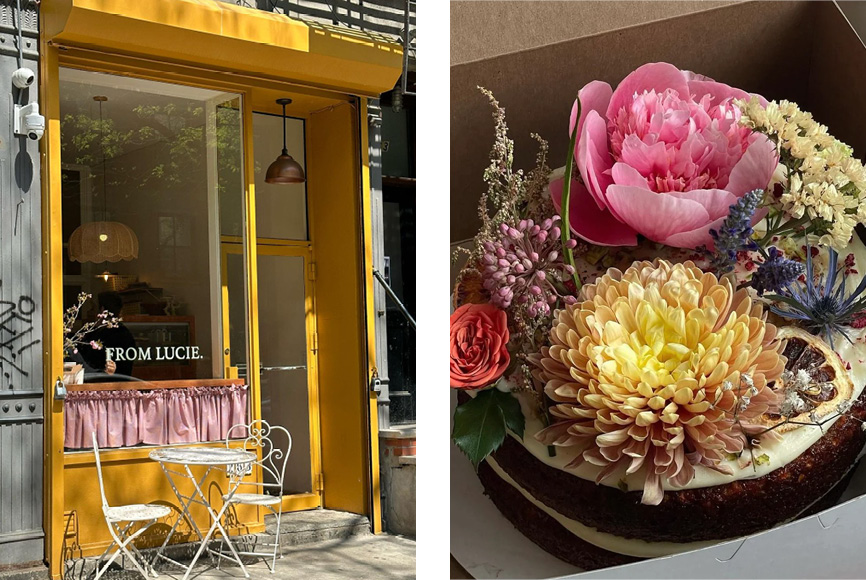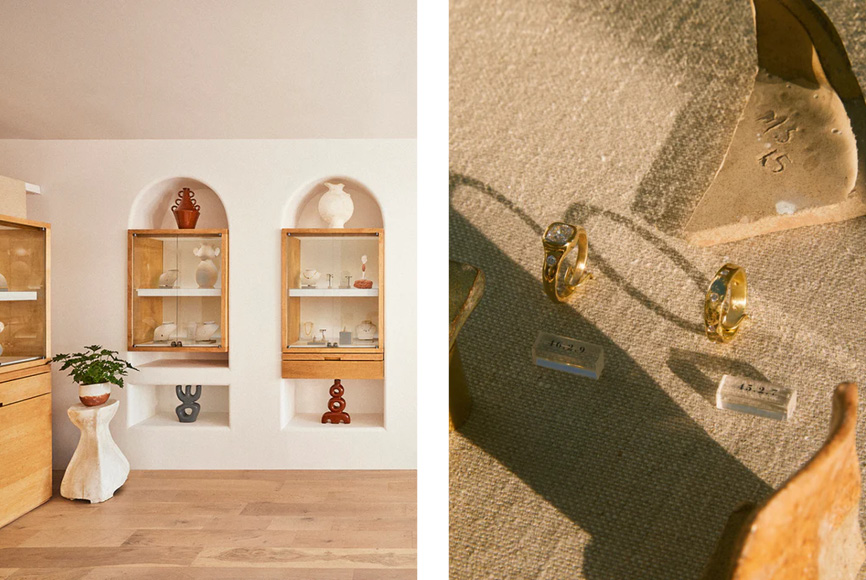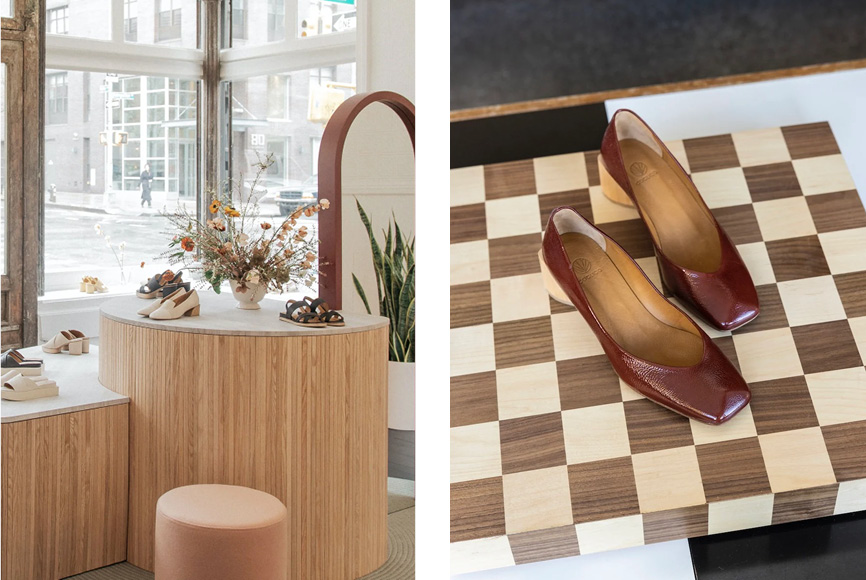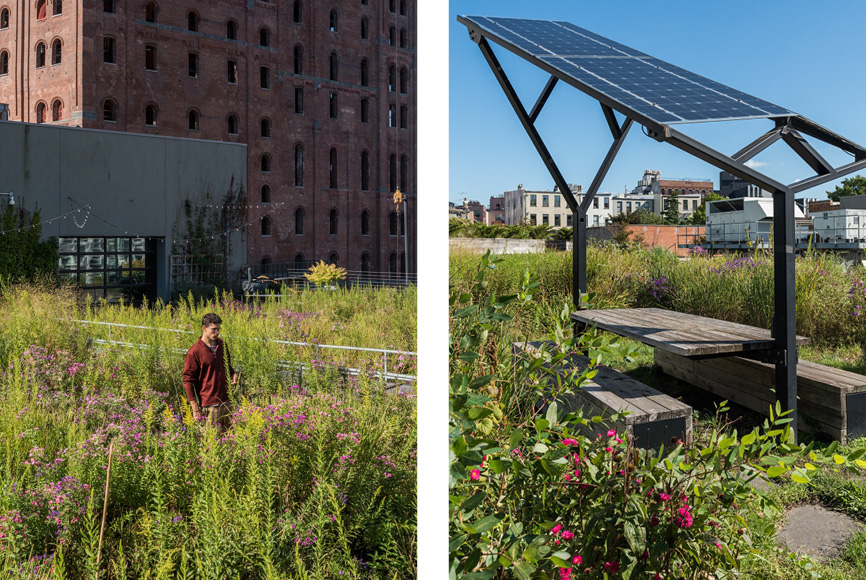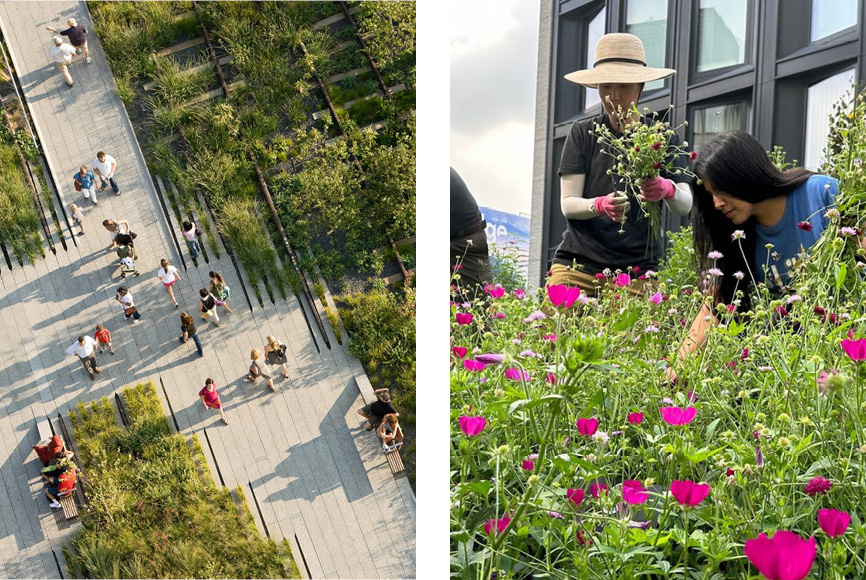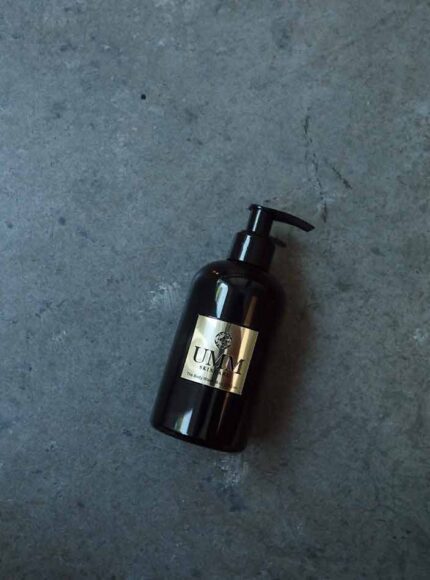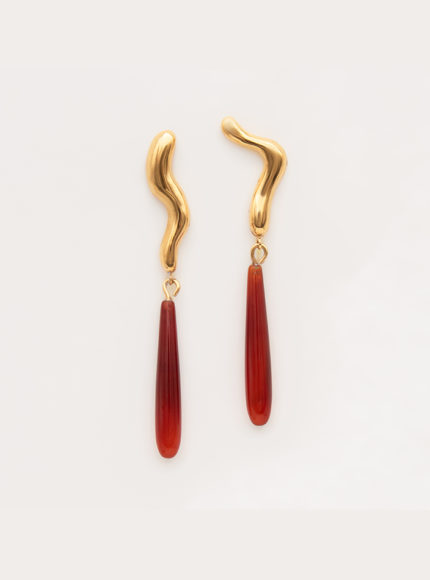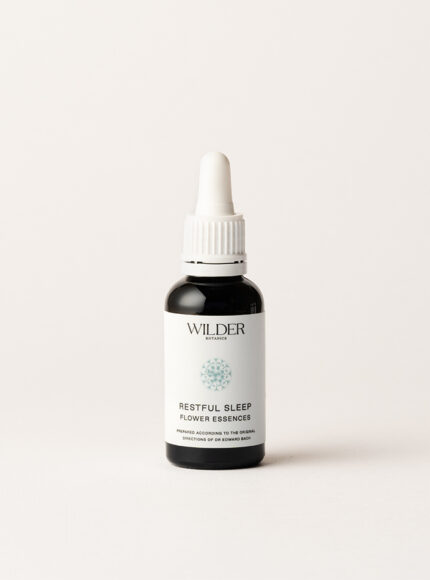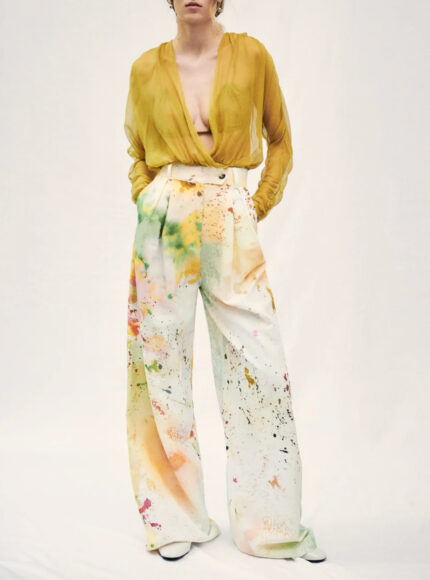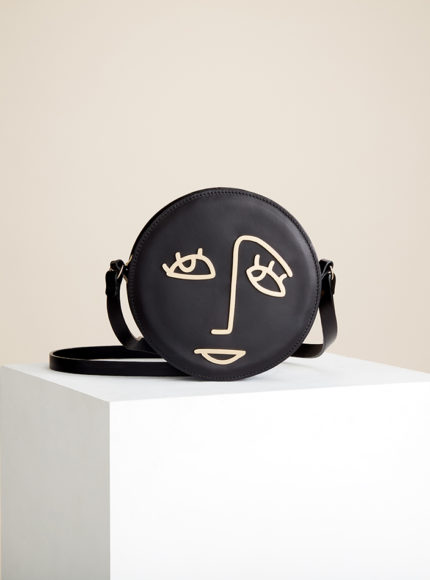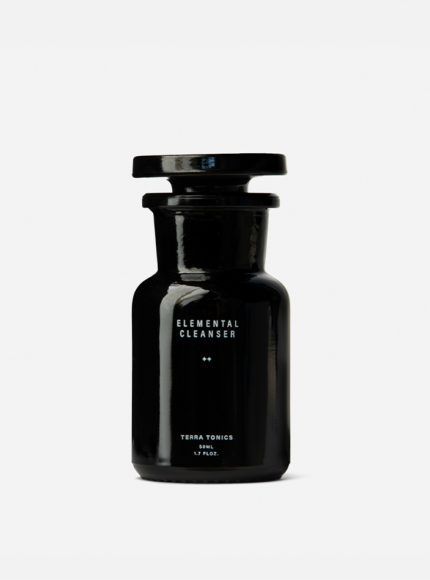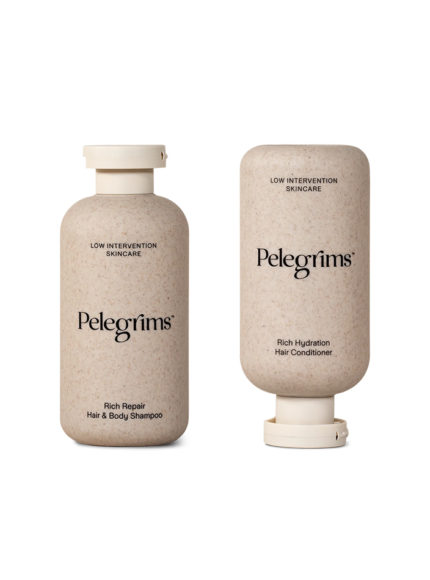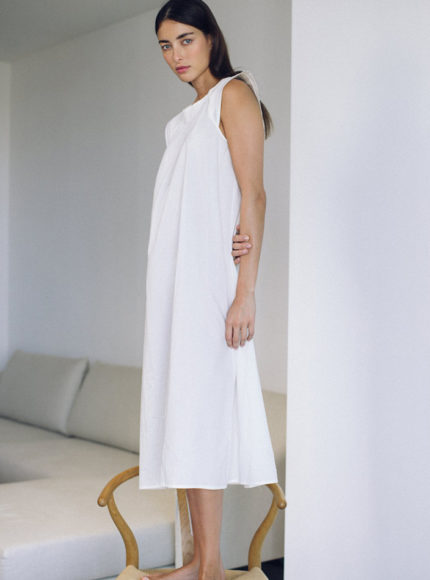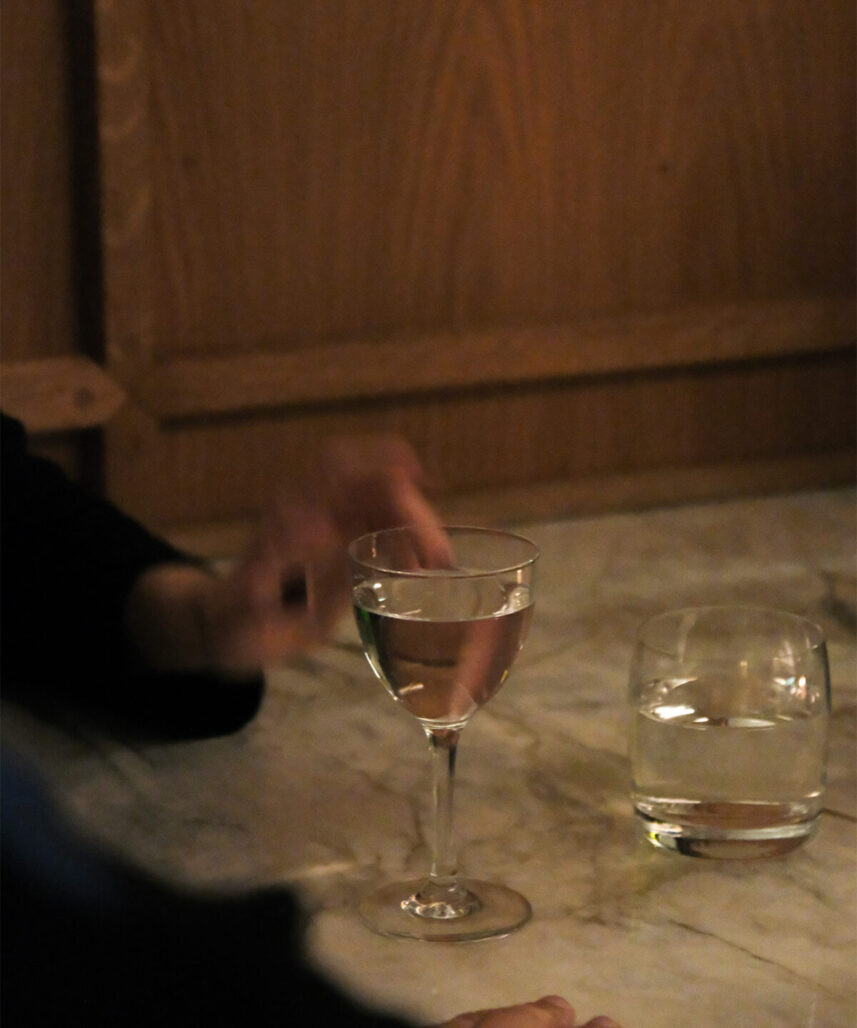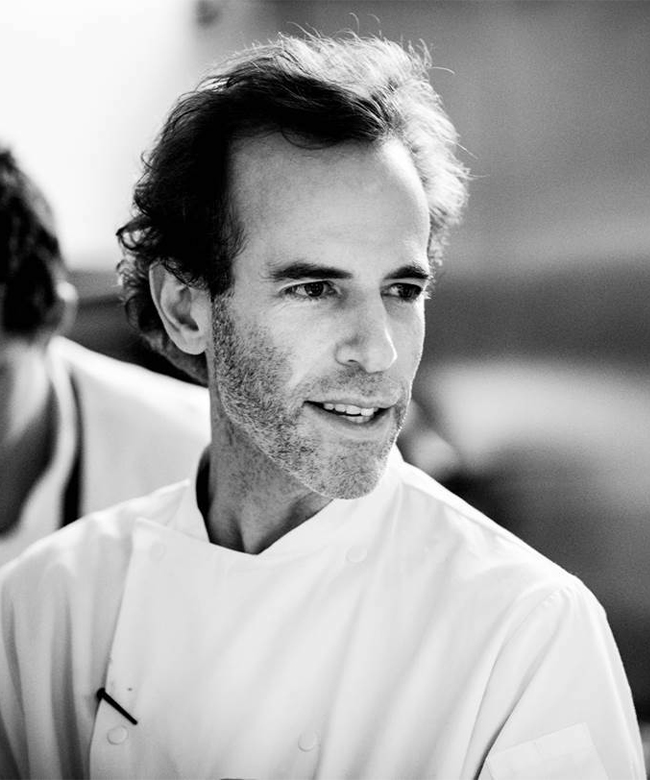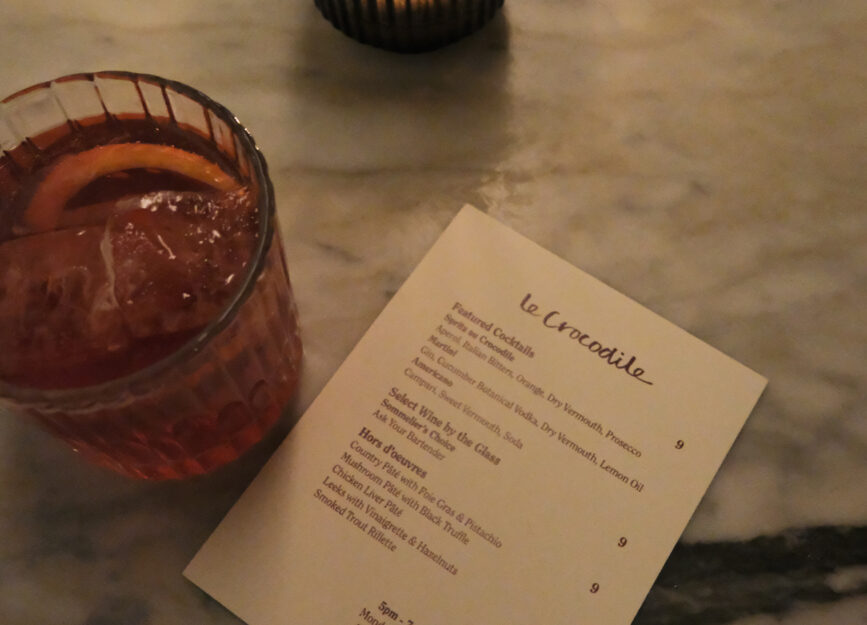

@lecrocodilebk by @corahilts
@coclicony
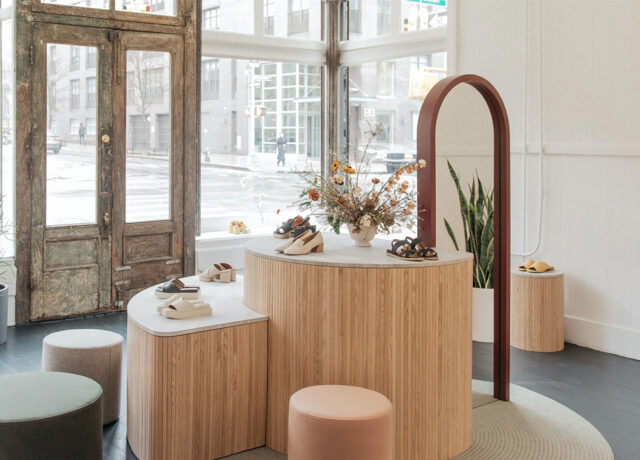

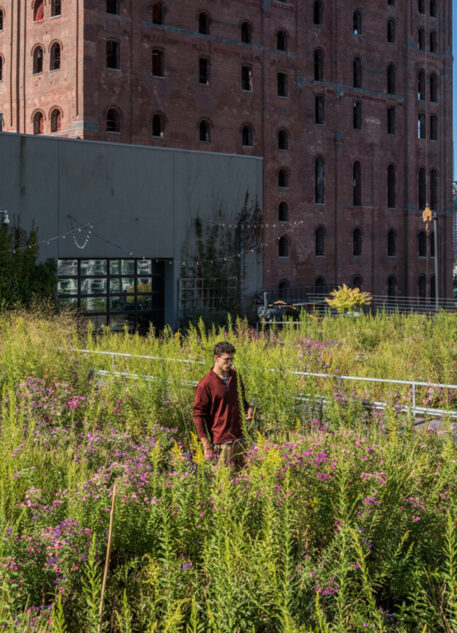

@brooklyngrange
Travel
Unique And Unusual Sustainable Things To Do In New York
Our co-founder lists her favorite unique and unusual sustainable things to do in New York. Farm to table eating and urban gardens and conscious shopping all making her list! In particular, we encourage a stay at the amazing Wythe Hotel. A truly conscious stay and beautiful views of the city.
To Stay:
Wythe Hotel – The Wythe Hotel is the first New York member of Regenerative Travel, a community of hotels dedicated to regenerative tourism. We actually learned about them through this, as we recently had the founder, David Leventhal, on our podcast – listen here! Their commitment to environmentally responsible and community-minded practices is evident in their Regenerative Impact Statement. Here they strive to achieve the United Nations’ Sustainable Development Goals (SDGs) through their operations.
For Drinks:
Crocodile bar at Wythe Hotel (with Lost Explorer cocktails!) – Beyond its commitment to the community, the Wythe also strives to reduce waste and assist in ecosystem restoration. The hotel’s restaurant, Le Crocodile, partners with the non-profit Billion Oyster Project to reuse discarded shells from oysters, clams, and scallops served in the restaurant. These shells undergo a year-long curing process before being seeded with oyster larvae and placed in reef restoration sites. Contributing to the project’s goal of restoring one billion oysters to New York Harbor. This initiative aligns with SDG 14: Life Below Water, Target 14.2. Which aims to sustainably manage and protect marine and coastal ecosystems and take action for their restoration. Cora’s favourite thing on the menu? A cocktail using Lost Explorer’s Regenerative Mezcal!
Rhodora wine bar – From the team behind the sustainable Brooklyn concepts Rucola, June and Purslane, Rhodora Wine Bar strives to be the first zero waste wine bar of its kind in the country. Sustainability and respect for humans and the environment are the core tenants of the program. Guiding both the food and beverage choices, as well as the operations of the restaurant as a whole. With the opening of Rhodora, owner Henry Rich and director Halley Chambers have built a program that will send absolutely nothing to landfill. No single-use plastics will be utilized or accepted into the space. And the group will only source and utilize products across its food, beverage, and operations that can be recycled, up cycled, or composted.
June Brooklyn – June opened its doors in January 2015 as Brooklyn’s first natural wine bar. Drawing inspiration from cozy restaurants and wine bars found in Paris. Our focus is selecting wines with minimal intervention that deploy biodynamic regenerative agriculture techniques in the fields. June was co-founded by Henry Rich and Tom Kearney, previously of Brooklyn favorites Sweetwater and The Farm on Adderly. June’s menu is focused on seasonal cooking, featuring plates meant to be shared among friends.
For Eating:
Blue Hill – Blue Hill New York opened in Manhattan’s Greenwich Village neighborhood in April of 2000. The restaurant has evolved over the last two decades. Sourcing ingredients from Blue Hill Farm, the Barber family’s dairy in Great Barrington, MA; from the Stone Barns Center for Agriculture in Pocantico Hills, NY; as well as from farms within 250 miles of New York City. This is a special place for us as Head Chef, Dan Barber was a recent guest with me on our REV Podcast. We spoke about his love for organic, heirloom, seasonal produce. And his hope that restaurants can help steer the world towards a more sustainable food system. Listen to our podcast episode with Dan Barber here!
abc cocina by Jean Georges – abc cocina & michelin star chef Jean-Georges Vongerichten welcome you to their contemporary trading post celebrating local craft and international culture, a fusion of tradition and innovation uniting yesterday and tomorrow. Dedicated to whole food and inventive fare, their ever-changing offerings are sourced from boutique producers with an emphasis on holistic development and environmental consciousness. They also stock The Lost Explorer Regenerative Mezcal on their bar which we were so excited to discover!
Clara – An Upper West Side restaurant devoted to the exploration of New York’s culinary bounty and gilded history. Starting in the lush Hudson Valley, following the river’s course to the great bays and shorelines of New York Harbor. The menu at Clara is drawn from the abundant offerings of New York farmers. Bolstered by a new generation of cheese makers, winemakers, ranchers, and fishermen.
From Lucie – From Lucie cakes are morsels of a still life painting. Each delicately composed from a palette of flowers and carefully flavored icing. Sitting atop inspired choices from olive oil to earl grey cakes. With flavors rotating based on baker Lucie Franc de Ferriere’s farmers market discoveries. Each meticulously curated by her own hand, From Lucie provides individualized edible splendor.
Finding inspiration in the unexpected combination of seasonal ingredients, From Lucie is born out of her environment’s flavors. Icing is used in lieu of fondant to extract the richest flavors from elderflowers to rosemary. Finally, all cakes are topped with organic and locally grown flowers. Whose stems would otherwise be too short for a florist’s use. These subtle combinations are sumptuous while never excessively sweet.
For Shopping:
Pamela Love – We have been fans of Pamela Love since we threw our very first American launch dinner with her in New York a few years back. As Pamela Love has grown we have stayed mindful of our impact on the earth. Using recycled metals and ethically-sourced, conflict-free stones. That mindfulness extends beyond the materials we use. The brand has launched several notable initiatives. Including fair trade production with artisans in Afghanistan via Turquoise Mountain and the fundraising trio of Divine Feminine collaborations. Jewelry should not only empower the wearer, but those who make it.
Coclico – Coclico is a New York City-based footwear house inspired by modern design and unwavering attention to detail. Founded in 2000, Coclico was born out of a desire to create quality shoes with a contemporary edge. The brand is grounded in the belief that style should be effortless and understated, yet never compromise on craftsmanship or quality. Each shoe is a marriage of traditional craftsmanship and a modern minimalistic company approach, resulting in a unique and timeless aesthetic.
The entire collection is made with love in a small, family-owned Spanish factory. All materials are sourced equally for their physical beauty and their environmental footprint, leaning heavily on European, certified sustainable, renewable woods for heels, clogs, and wedges, and certified sustainable Italian and Spanish leathers. All styles are made in extremely limited quantities with the Slow Fashion ethos of only putting as much into the world as demand requires.
To Visit:
Brooklyn Grange – Founded in 2010, Brooklyn Grange is the leading rooftop farming and intensive green roofing business in the US, operating the world’s largest rooftop soil farms, located in New York City. Brooklyn Grange promotes sustainable urban living by building green spaces, hosting educational programming and events, and widening access to locally grown produce in New York City communities.
Their purpose is to restore the connection between people and the natural world. We create meaningful livelihood opportunities and steward green spaces in the built environment to foster more livable and climate-adapted cities.
The Highline – Environmental sustainability is a core value of the High Line. The park is an inherently green structure, as it repurposes a piece of industrial infrastructure into a uniquely designed public space. Equally important is the way the High Line operates—every day, we strive toward sustainability with the same level of care reflected in the park’s design.
The plant selection on the High Line favors native, drought-tolerant, and low-maintenance species, cutting down on the resources that go into the landscape. The High Line’s ecosystem also provides food and shelter for wildlife species, including native pollinators. Learn more about the benefits of native trees on our blog, or download our native plant guide to explore the character, beauty, and utility of these important plants.













